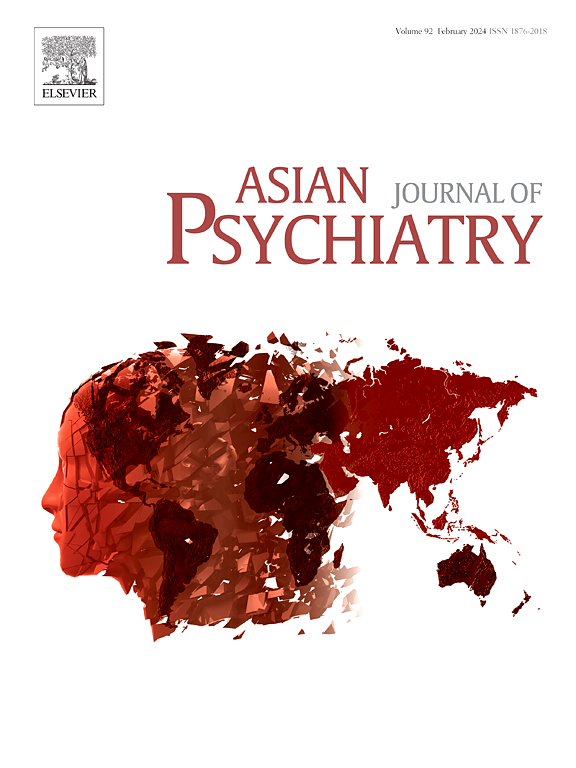An inter-sectoral framework for promoting and protecting mental health and psychosocial well-being in schools in low- and middle-income countries
IF 3.8
4区 医学
Q1 PSYCHIATRY
引用次数: 0
Abstract
Schools are important agencies for preventive and promotive mental health interventions for children. However, In India, school mental health programmes are limited, first, in their coverage of sexuality and personal safety topics, and second, in responding to children’s emergent health and social concerns. We worked in 162 government schools, reaching 21,234 children over 20 months. Sessions on gender, sexuality and personal safety were delivered to children in grades 6–10th. Discussions encouraged several children to share difficult experiences or health/social concerns. Forty-four children disclosed sexual abuse. To address health, care and protection and legal needs, we coordinated an inter-sectoral response involving school, child protection system, and police. We found that law and policy provisions were inadequately implemented in schools. Despite their crucial, complementary roles, schools, police, and child protection systems, faced systemic challenges that spanned inadequate skills, absent inter-sectoral mechanisms and coordination, lack of long-term approach in addressing health, and care and protection needs. Given the unique roles and challenges for each sector, an inter-sectoral framework is critical in organizing adequate, long-term assistance to children in distress. Schools need to play a central coordinating role, actively liaising with other sectors, especially familiarity with child protection systems among students and teachers.
促进和保护中低收入国家学校心理健康和社会心理福祉的跨部门框架
学校是预防和促进儿童心理健康干预的重要机构。然而,在印度,学校心理健康计划的覆盖范围有限,首先是性和个人安全主题,其次是在应对儿童新出现的健康和社会问题方面。在 20 个月的时间里,我们在 162 所公立学校开展工作,惠及 21 234 名儿童。我们为六至十年级的儿童开设了有关性别、性和个人安全的课程。讨论鼓励一些儿童分享困难经历或健康/社会问题。有 44 名儿童披露了遭受性虐待的情况。为了满足健康、护理和保护以及法律方面的需求,我们协调学校、儿童保护系统和警方采取了跨部门应对措施。我们发现,法律和政策规定在学校没有得到充分执行。尽管学校、警方和儿童保护系统发挥着重要的互补作用,但它们也面临着系统性挑战,包括技能不足、缺乏跨部门机制和协调、缺乏解决健康、护理和保护需求的长期方法等。鉴于每个部门的独特作用和挑战,跨部门框架对于组织向困境中的儿童提供充分、长期的援助至关重要。学校需要发挥核心协调作用,积极与其他部门联络,特别是让学生和教师熟悉儿童保护系统。
本文章由计算机程序翻译,如有差异,请以英文原文为准。
求助全文
约1分钟内获得全文
求助全文
来源期刊

Asian journal of psychiatry
Medicine-Psychiatry and Mental Health
CiteScore
12.70
自引率
5.30%
发文量
297
审稿时长
35 days
期刊介绍:
The Asian Journal of Psychiatry serves as a comprehensive resource for psychiatrists, mental health clinicians, neurologists, physicians, mental health students, and policymakers. Its goal is to facilitate the exchange of research findings and clinical practices between Asia and the global community. The journal focuses on psychiatric research relevant to Asia, covering preclinical, clinical, service system, and policy development topics. It also highlights the socio-cultural diversity of the region in relation to mental health.
 求助内容:
求助内容: 应助结果提醒方式:
应助结果提醒方式:


